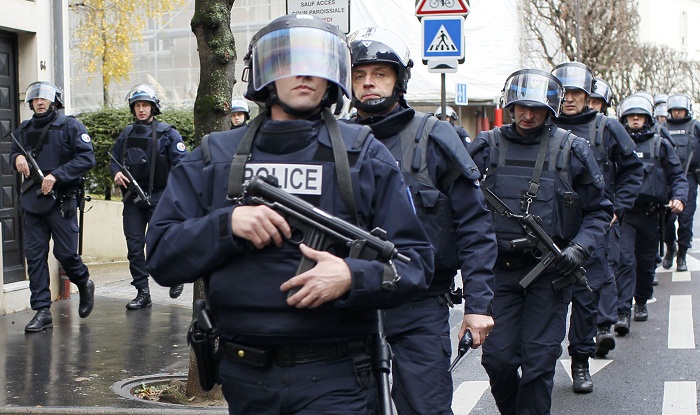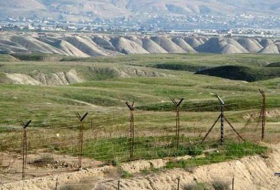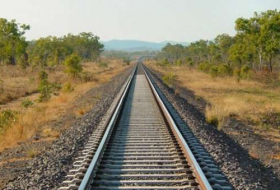The silence of Salah Abdeslam
A French national of Moroccan origin, Salah Abdeslam, 28, is the only survivor of the jihadist commando group. Put under formal investigation, he is currently imprisoned at Fleury- Mérogis, in the Paris region. However Salah Abdeslam has taken refuge in total silence and no longer has lawyers. The investigation is therefore continuing without him.
Even if the procedure has already helped establish solid elements against the No1 suspect, his silence restricts the cross-checking of information. The French judicial authorities fear above all that he may try to kill himself in spite of drastic measures put in place to assure 24-hour surveillance. His silence, considered as “one more insult to the civil parties” according to an investigating magistrate, is unacceptable.
“The only time when he replied to a judge was to say that he agreed to be transferred to Belgium,” explains the mother of a victim. Her daughter was killed with her boyfriend at the Bataclan. Abdeslam is expected to be taken to Belgium in relation to another shooting for which he is due to be tried in December.
A sprawling inquiry
According to the Paris anti-terrorist department contacted by euronews, the inquiry has become sprawling with almost 28,000 statements already added to the file, and it is far from being finished. “What is evident from this investigation is that we are talking about an operation that was very well planned several months in advance with multiple ramifications,” Philippe Duperron, president of the association Life for Paris, confirmed to us after meeting the examining magistrate on October 9. At this stage, apart from Salah Abdeslam, five men are currently imprisoned in France. Five other suspects are the subject of arrest warrants: four are actually in jail in Belgium, the fifth is held in Turkey.
Abdeslam’s friend
The fifth man is Ahmed Dahmanim, a 28-year-old Moroccan national with Belgian citizenship. A childhood friend of Abdelslam and of Mohammed Abrini, “the man in the hat” in the Brussels bombings, he is suspected of having been the mastermind of the Paris attacks. He has become one of the missing links in the inquiry. He is currently serving a ten-year prison sentence in Turkey for belonging to a terrorist organisation. France has officially requested his extradition. If he cooperates with investigators, he could help the inquiry progress.
Intelligence flaws
“The investigation risks exposing failures in the good use of intelligence from which we haven’t drawn the consequences,” explains Philippe Duperron to euronews.
“If the French authorities had done their job, this wouldn’t have happened,” claims Patricia Correia, vice-président of the association Life For Paris. She has drawn this conclusion after reading Philippe Cohen-Grillet’s book ‘Nos années de plomb : du Caire au Bataclan, autopsie d’un désastre’ (“Our violent years : from Cairo to the Bataclan”), published by Plein Jour. For this journalist specialising in terrorism, *the Bataclan attack dates back to another attack which happened in February 2009 in Egypt. One of the suspects arrested at the time effectively declared that another attack was being planned in France, targeting the Bataclan. A case badly handled by the French authorities, according to the author’s inquiry. The result: the case was dismissed.
Faced with “this police war”, the president of the association Victims for Life is under no illusions. “In no circumstances will we obtain explanations for these failures,” Philippe Duperron told us. “We know that the trial will not bring us all the answers.”
A trial in 2020?
According to our information, judge Tessier in charge of the case could effectively bring his investigation to a close in 2019. The trial over the Paris attacks is not expected before 2020. In other words, at best, five years after the massacres.
More about: #Parisattack
















































